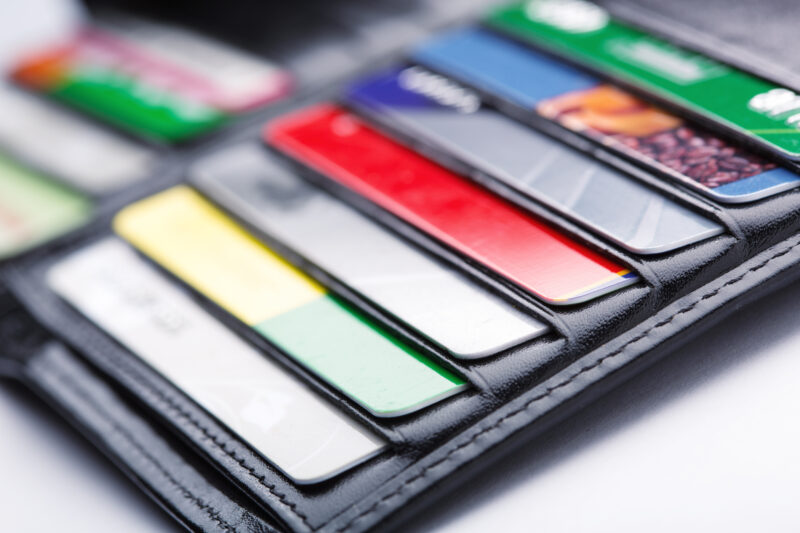30 May 2014
When should the bank pick up the bill for fraud?

If you're a regular listener to Radio 4's You and Yours, you may have heard the story on Wednesday of a lady who lost her life savings - and more - in a nasty scam a few months ago. In a nutshell, the scam involved some people calling her up and pretending to be her bank. They told her that her account had been compromised and that she needed to open up a new account - and managed to get her to transfer not only all her savings - but also her entire overdraft - into a new bank account, which she believed was hers, but wasn't.
When the lady asked her bank to refund her, they said no. It wasn't their fault, and there was nothing they could have done. Yet if she'd lost her savings because someone had stolen her card details, the bank would have paid out straight away.
You and Yours followed up with some more on the same story yesterday, and asked me to be on the show to help explain when it's the bank's responsibility to pick up the bill and when it's not. Unfortunately, there's no easy answer.
Scam or fraud?
There's a strong precedent behind banks paying out for classic card fraud. For example, if your card is intercepted in the mail, or your details are stolen and used online, or someone watches you entering your PIN and then steals your card - your bank will pick up the bill. And while it doesn't have to pay out if the customer has been negligent, it's up to the bank to prove the case for negligence, not up to the customer to prove their innocence.
Generally, anything that relates to use of your card without consent will be covered - and the bank is obliged, by strict regulations, to leave customers paying no more than £50 of any fraud. In practice, most banks will pick this up too.
But it starts to become much less clear cut when you're dealing with deception - where customers are persuaded by scammers to empty their accounts themselves. In this case, it's really down to the customer to make the case that the bank could have done something to stop the fraud.
In the You and Yours scam, there's certainly a case to be made that the victim's bank could have had some alerts in place to prevent someone emptying their account. For example, for any transaction over, let's say £5,000 or £10,000, the bank could insist that you have to go through some extra security on the phone.
But the counter argument is that it's not the bank's fault that one of their customers was persuaded to empty out their account. Some people like the convenience of being able to transfer a few thousand pounds in an instant - and what constitutes a lot of money for one person is nothing to another. Although the scammers managed to carry out their con by tricking the victim into believing that they were from her bank, that doesn't mean that it was the bank's fault.
Drop in the ocean
It's a tricky issue. For the lady involved, the £29,000 she lost was everything. And for the bank, it would be just be another drop in the ocean of their annual fraud bill - which runs to millions of pounds. But of course, if it pays out one of these, then eventually, it may have to pay out dozens, which starts to become expensive.
Presumably, the reason that banks pay up for any fraud is to give customers, as a whole, confidence in the banking system. No one would use their debit or credit cards anywhere if they thought they could end up with a massive bill if they were a victim of fraud. So the bank's guarantee is important.
At the moment, scams such as the one featured on You and Yours are relatively rare, and are not threatening public confidence in banking - so it's easier to make the case that it is the customer who has to take responsibility.
But if they were to become more prevalent, it may be that banks will have to become the back stop here too.
Perhaps a better solution would be some kind of scam fund, to help compensate people who had been victims. It could be funded by banks, insurers and maybe a little money from government too. The scam victim on You and Yours is still waiting to hear from the Ombudsman as to whether her bank will have to pay. But if it doesn't, surely everyone would agree that there should be some support somewhere for the victim. It was a sophisticated scam that any of us could have fallen for.

